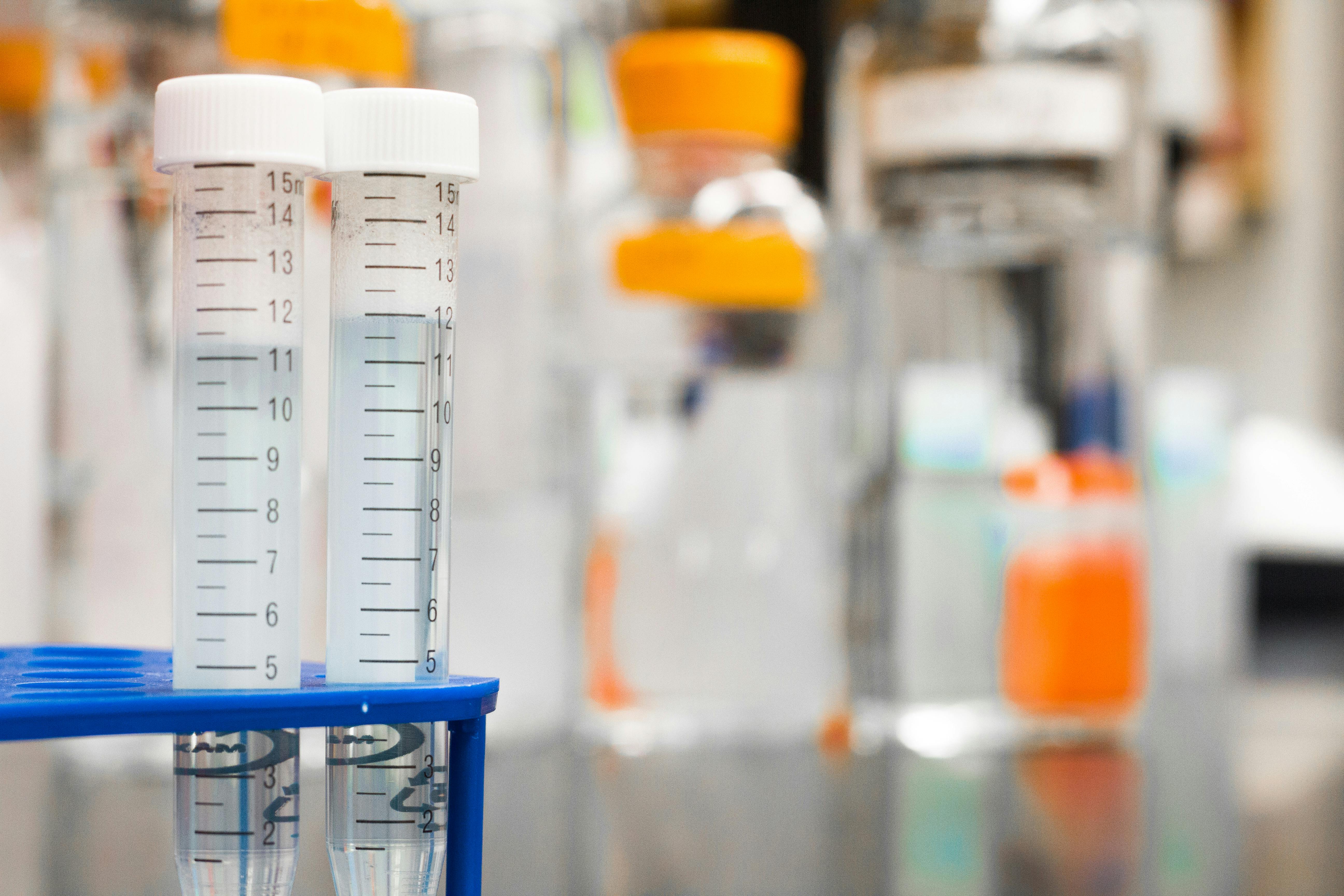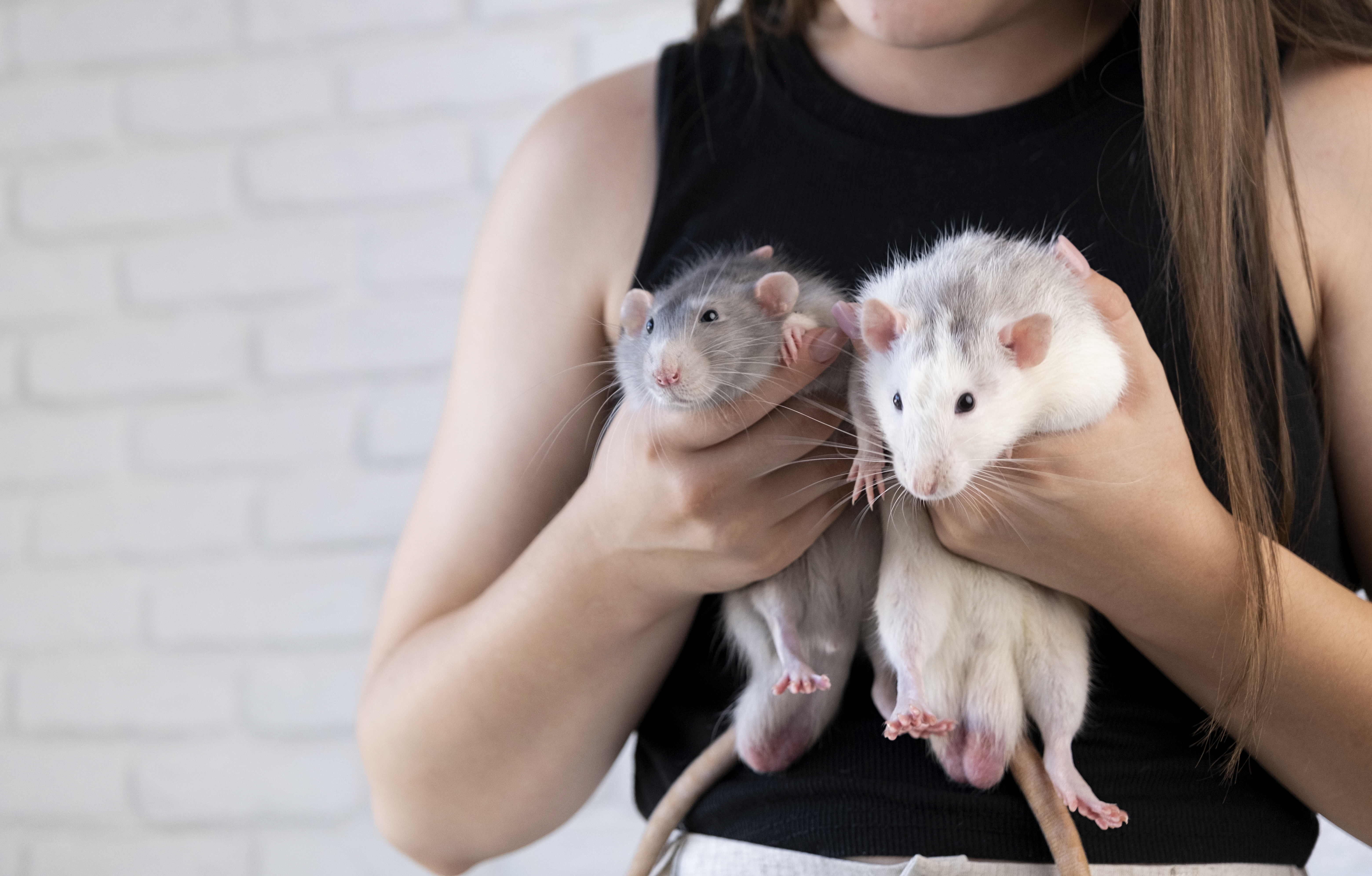How To Alleviate Rapid Breathing In Cats
If your cat is experiencing dyspnea, or respiratory distress, they are struggling with either exhaling or inhaling, and sometimes even both. Your cat may have their mouth open gasping for air, or they may be coughing or loudly panting. It can very disturbing to see your feline friend struggling, and while you may be tempted to do something immediately to help them, it is pertinent to get your kitty to the vet as soon as possible. The rapid breathing is not a disease or disorder by itself, but rather a symptom of some underlying problem or illness. It could be benign, or it could be deadly. If your pal cannot breathe, they need medical help right away.
Get the details on how rapid breathing in cats is treated now.
Providing Oxygen
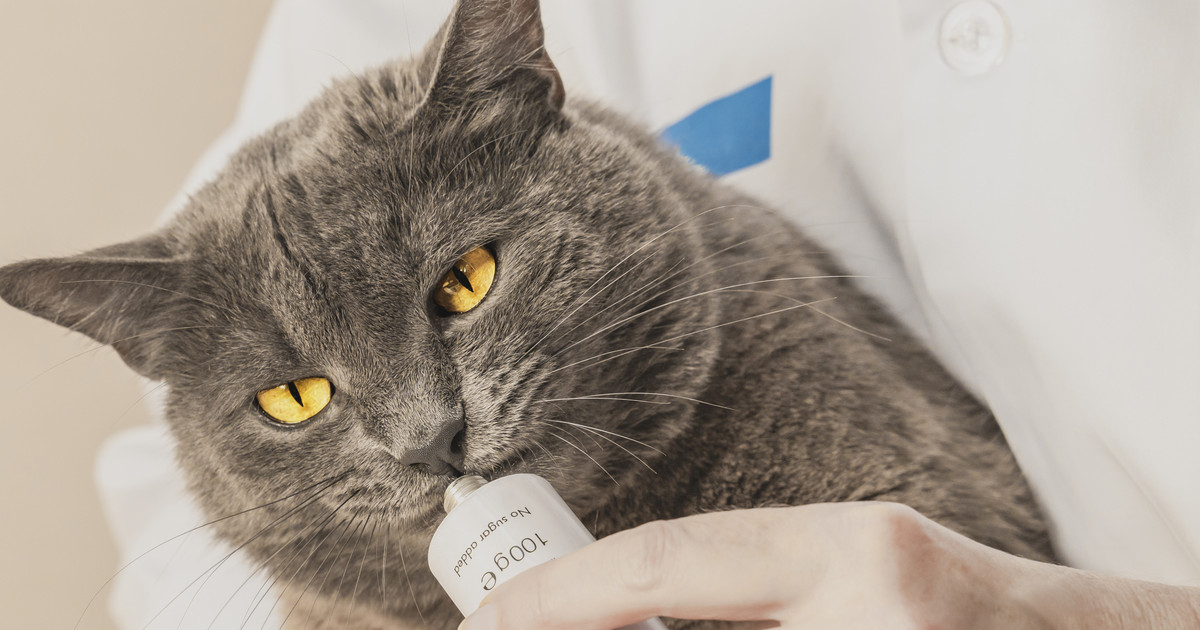
Providing oxygen to your feline is a standard treatment used to stabilize their breathing and keep them from hyperventilating. It also provides them with enough oxygen replenishment to restore their blood back to healthy levels, while also allowing a bit of immediate relief while a diagnosis and treatment arrangements are being made. A dose of oxygen will also calm your cat down so they will allow the vet to perform thorough testing. This is pertinent, because if your pet is having an anxiety attack, they may act more hostile than usual towards medical professionals. Felines recovering from heatstroke or pulmonary edema are treated with oxygen as a part of a comprehensive treatment plan along with in-patient care and appropriate medications.
Reveal more treatments for rapid breathing in cats now.
IV To Administer Medication And Fluids
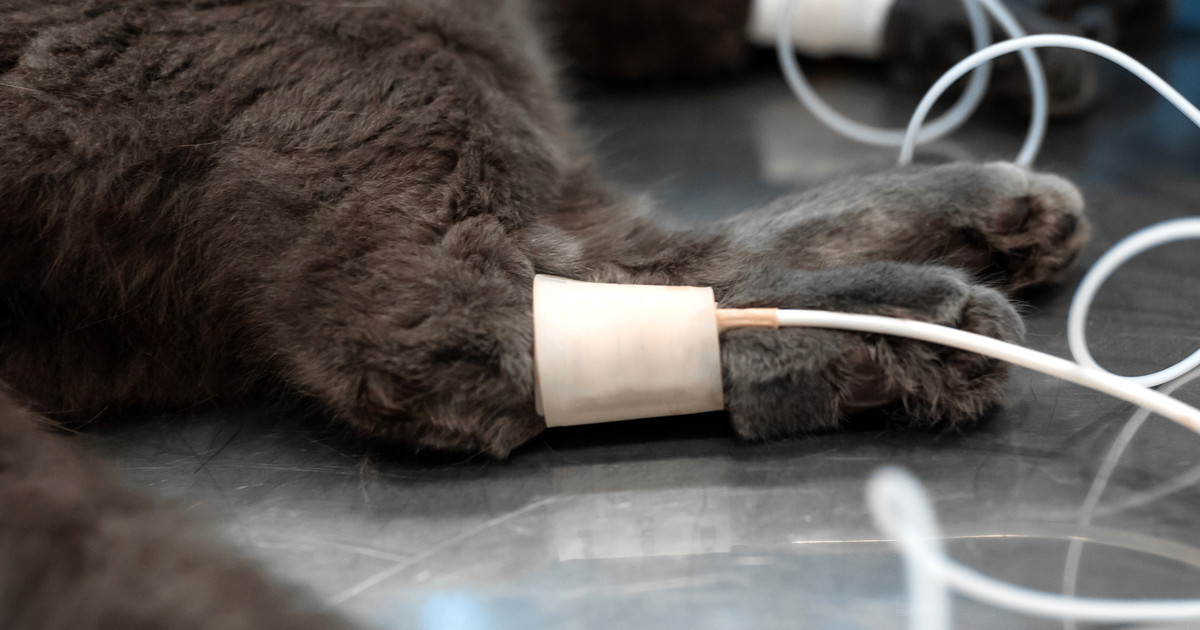
After some time in the oxygen cage, the next step should be to get an IV drip going to start hydration therapy. This is to treat any dehydration that may have resulted from any underlying condition or injury causing your kitty's labored breathing. An IV will allow your cat's fluids to return to a healthy amount. It is hard to start any treatments as long as your kitty is still dehydrated because they need strength to respond accordingly to any interventions.
It is also best to get an IV line going so medications can be as administered immediately and without making your cat uncomfortable. Just think, a shot will make them even more uncomfortable than they already are, and most cats detest being given any type of oral medicine. It is quite difficult to get a cat to stay put to place the medication in their mouth and then force them to swallow. An IV to administer medication and fluids eliminates these worries, so the vet can solely focus on aiding in your pal's recovery.
Read more about treating rapid breathing in cats now.
Thoracentesis
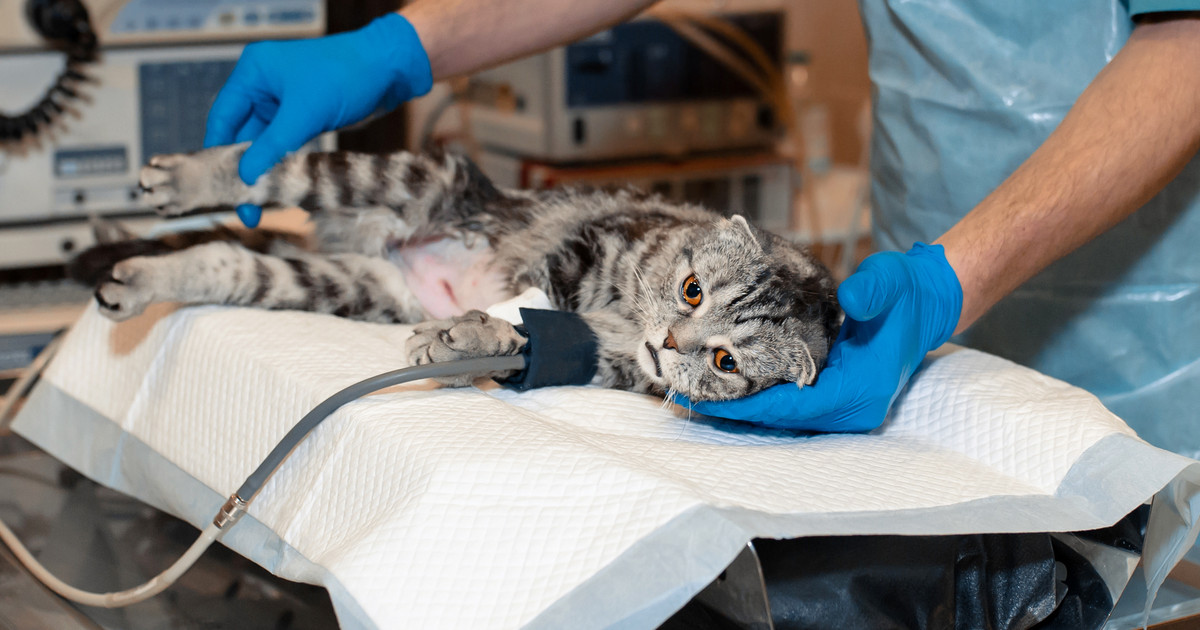
Thoracentesis is a medical procedure used to eliminate a condition called pleural effusion, which is an accumulation of fluid inside your cat's chest cavity that is not considered normal. The fluid is not in the lungs like it would be during pneumonia. Instead, it gathers in the pleural sac, meaning your kitty's lungs are floating in fluid within their chest, and they are unable to expand fully because the fluid is occupying too much room.
Thoracentesis is used as both a treatment and a diagnostic tool. The samples taken can be used to determine the cause of the effusion. At the same time, the withdrawal of fluid will at once give your cat some relief from their discomfort. The vet performs the procedure by inserting a sterile needle directly into your cat’s chest cavity and drawing out the offending fluid. Depending on the reason for the pleural effusion, this may alleviate any breathing issues completely, or additional treatment may be required.
Discover additional options for managing rapid breathing in cats now.
Antibiotics And Anti-Inflammatories
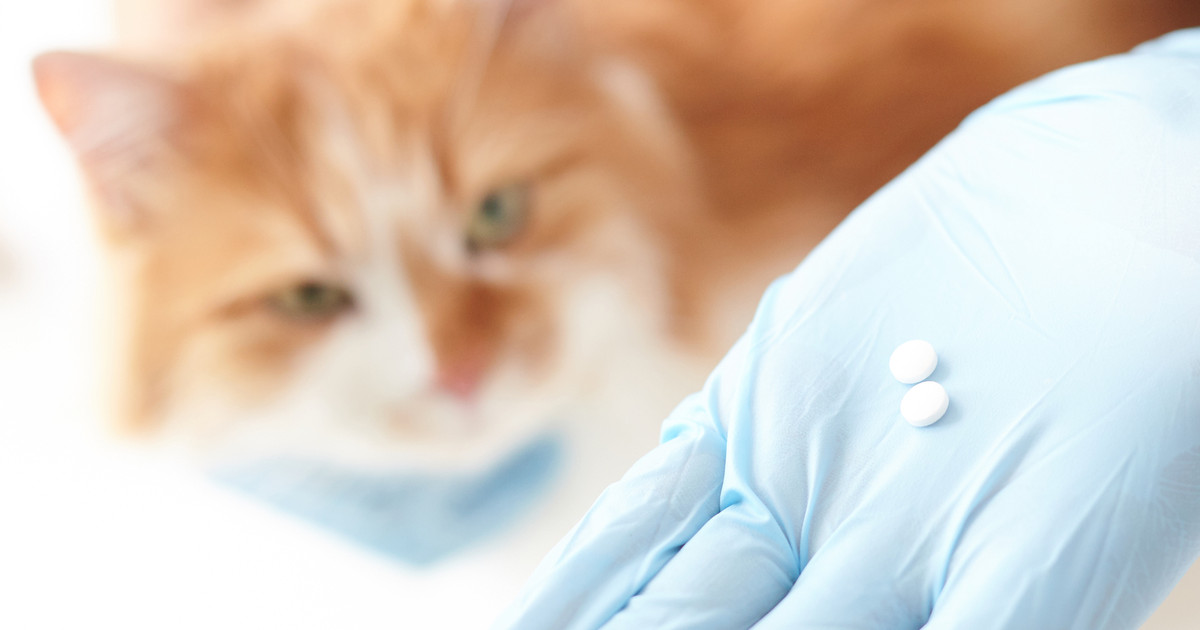
Antibiotics are the go-to remedy if your cat is suffering from a bacterial respiratory infection. This could be an upper respiratory infection, such as sinusitis, or it can be a lower respiratory infection, like bronchitis. Just remember, if the infection is caused by a virus, antibiotics will not be of any help. The vet will just need to treat the cat’s symptoms while the illness takes its course. And, if your cat’s breathing issues are the result of a sickness caused by a fungus or a parasite, they will need medications designed to eradicate those particular problems.
If your cat has asthma or any other pre-existing condition that complicates breathing, anti-inflammatory medications such as bronchodilators and steroids can certainly help. Prednisolone and fluticasone are some of the top medicines for this purpose. Medications such as terbutaline and albuterol also help dilate airways and ease your feline friend back into a normal breathing pattern. These medications can be inhaled or taken systematically. This means giving the antibiotics and anti-inflammatories orally or via an IV.
Learn more about managing rapid breathing in cats now.
Remember To Stay Calm
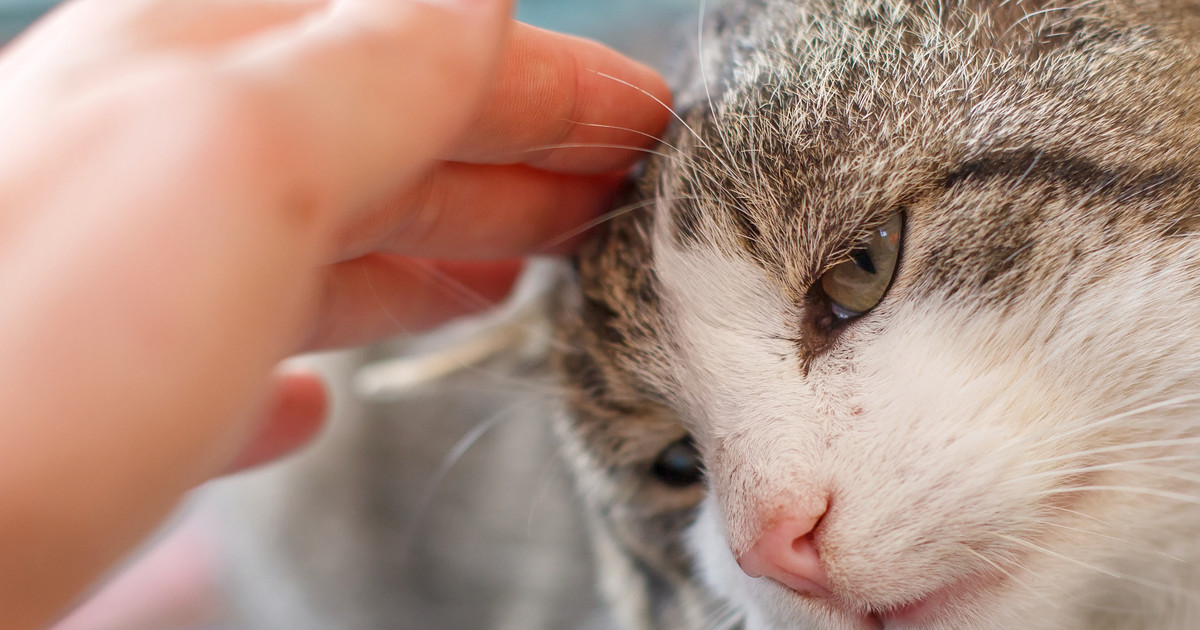
Above all else, it extremely important to stay calm. If you panic, you will not be able to help your poor cat in their time of need. You also may add to your cat’s stress because they are scared and need you to be strong for them. As long as you get your cat to the vet as soon as possible, the odds that they will be okay will increase exponentially. It is very important for them to be seen and evaluated to determine the cause of the labored breathing and respiratory issues. Once the situation is triaged, diagnostic tests can be conducted and they can begin proper treatment.
All this starts, however, with staying calm and in control. That way you can make the most responsible decisions regarding your feline friend's welfare and you can assist them in a moment of crisis. After all, you need to be your kitty's pet parent and rock. They need you most when they are struggling, so remember to stay calm.
